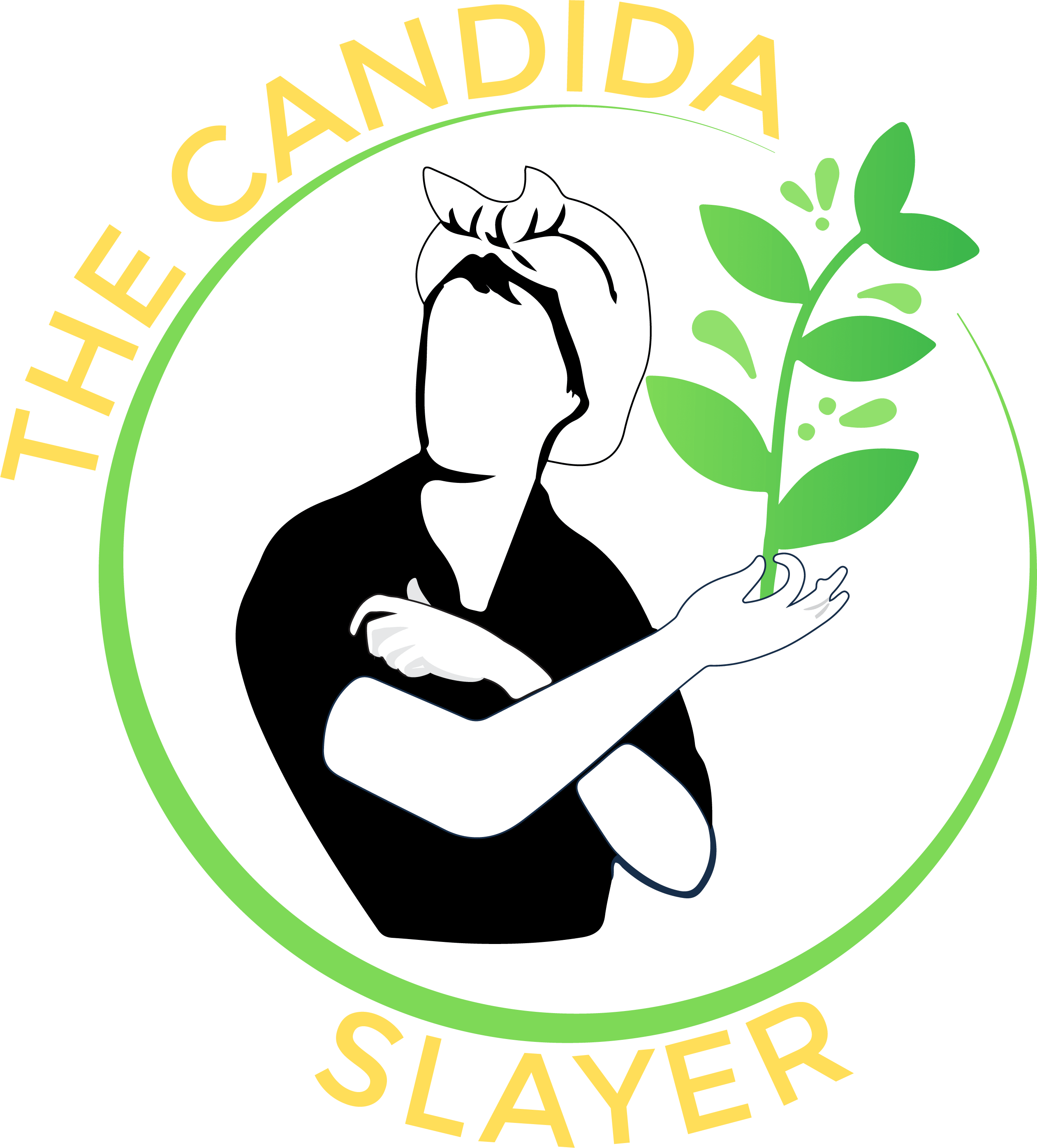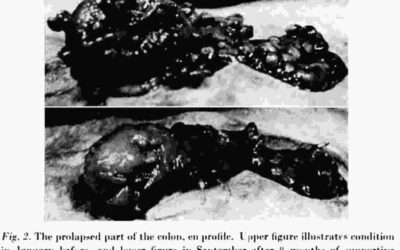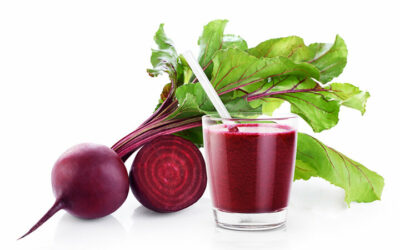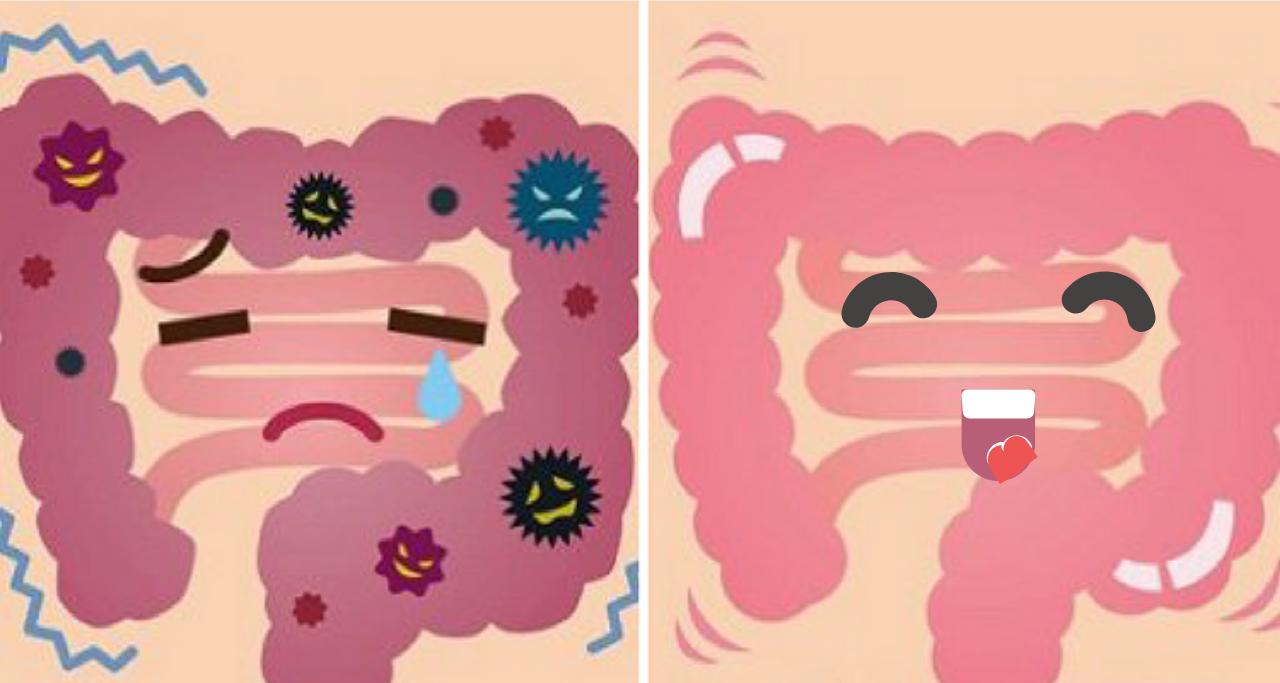WHAT IS IT?
Berberine is a phytochemical: it is an alkaloid found in many plants of the genus Berberis. There are more than 500 different species of plants of the genus Berberis, they are deciduous and evergreen shrubs found in Europe, North Africa, the Middle East and Asia.
The plants that are most used for their berberine are Berberis Vulgaris (barberry), Berberis Aristata and Hydrastis Canadensis (Goldenseal).
Berberine is mainly found in the roots, rhizomes, stems and bark of these plants and is used for its medicinal properties. Nowadays, the fruit is also used and could have similar properties.
Berberine has been used for millennia in Ayurvedic and Chinese medicines.
It is yellow in color. It is usually found as a supplement in the form of berberine HCL (hydrochloride).
PROPERTIES
Of all the varieties of Berberis, only the species Berberis Aristata can benefit from a health claim on the control of blood glucose levels authorized by the European Food Safety Authority (EFSA). However, although the other varieties are not officially recognized, they have been used for millennia and their clinical effect has been recognized by thousands of people.
ANTI-DIABETES
This is one of the most interesting properties of berberine and a lot of studies have been done in this regard.
Berberine controls the level of glucose in the blood, it has an action on the metabolism of carbohydrates. Studies show that berberine can lower blood sugar and is used for people with prediabetes or type 2 diabetes. Studies have shown that berberine regulates blood sugar and lipid metabolism as effectively as Metformin. Some studies have been done over a period of 3 months and do not show any side effects.
For blood sugar control, berberine works very well together with other herbs like cinnamon, basil or fenugreek.
Sylimarin, the main component of milk thistle, also has anti-diabetic effects and allows berberine to be better absorbed. Milk thistle therefore increases the effects of berberine when taken together.
ANTI CHOLESTEROL
Berberine maintains a normal cholesterol level: it has an action on lipid metabolism. It could replace statin drugs.
ANTIBACTERIAL, ANTIFUNGAL, ANTIPARASITIC
There are many studies looking at the antibacterial and antifungal properties of berberine.
It is a potent anti-fungal by contact. It is also anti-inflammatory (the anti-inflammatory mechanism is however unknown) and antibacterial.
Berberine has antifungal and anti biofilm properties on different strains of fungi including candida albicans. A study shows that berberine destroys candida albicans by degrading its membrane. Berberine also prevents the transition of Candida albicans from its non-pathogenic yeast form to its pathogenic filamentary form.
SIBO: Studies in rats have shown that a herbal treatment with berberine works better than the conventional antibiotic treatment rifaximin, with much less side effects.
Studies show that berberine improves gastrointestinal problems faster than antibiotics, thanks to its antibacterial and astringent properties.
It is effective against diarrhea caused by E.Coli, and does not cause side effects.
In India the berries of Berberis Nepalensis are used as a diuretic and for the treatment of dysentria.
It is usually taken orally, but it can also be used directly on the skin to treat skin infections, burns, eye infections, parasites or fungal infections of the skin.
A decoction of the bark is used as eye drops to treat inflammation caused by infections.
NOURISHES AND REPAIRS THE INTESTINAL MUCOSAL LINING
Berberine modulates the intestinal microbiota by lowering the number of pathogenic microorganisms as we have seen previously, but also by increasing the number of short-chain fatty acids producing bacteria, especially butyrate producing bacteria, a short chain fatty acid that is essential for the health of the intestinal lining. Indeed, butyrate nourishes and repairs the intestinal mucosa. This is an extremely important and yet not very well known property of berberine, that I want to emphasize.
The antiglycemic and anti-hyperlipidic effects of berberine could in fact be partly due to the modification of the intestinal microbiota.
ANTIVIRAL
Berberine has antiviral properties, especially for respiratory infections.
BITTER TONIC
Berberine is a bitter tonic: it stimulates the production and release of bile in the liver and the gallbladder, which improves digestion and detoxifies the body.
SUPPORTS LIVER HEALTH
Berberine has a tonic and protective action on the liver, like all bitter herbs.
SKIN ISSUES
We find the classic link between skin issues and liver issues. Berberine helps detoxify the liver and therefore helps clearing out the skin.
In one study, a group of teens taking 600mg of aqueous fruit extract for 4 weeks saw their acne decrease by almost 50%, with no side effects.
CARDIOVASCULAR
Berberine is hypotensive.
It is antiarrhythmic because it reduces intracellular calcium, which is one of the causes of arrhythmia. It reduces the effects of caffeine (arrhythmia). It reduces the risk of heart attacks. It is also an anticoagulant.
ANTI-CANCER
Many studies show its anti-cancerous effects.
THE NERVOUS SYSTEM
Berberine has anti-convulsive and calming properties, and it prevents Alzheimer’s.
DOSAGES
Berberine has a short half-life (it is quickly eliminated by the body), therefore this supplement should be taken in several doses, 2 to 3 times a day, to ensure stable levels in the blood.
The regular dosage is 300 to 500 mg, 2 to 3 times a day.
It should be taken with meals, preferably at the start of the meals.
I recommend the brand Dynveo: https://www.dynveo.fr/berberine-pure.html
1 capsule of 300 mg with each meal.
CONTRAINDICATIONS
It is a very well tolerated supplement, generally safe. Studies show that long-term intake does not cause toxicity to the liver or kidneys.
Intakes above 500 mg per dose may cause digestive symptoms (cramps, diarrhea).
There is a risk of hypoglycemia for people who take medications that regulate blood sugar and who also take berberine. You should therefore change your doses of insulin and / or metformin with the guidance of your doctor if you are taking berberine.
People with low blood pressure should be careful with berberine as it lowers blood pressure.
Pregnant and breastfeeding women should not take berberine.
CONCLUSION
In conclusion, berberine is one of my favorite natural remedies, which I strongly recommend for people wishing to heal their gut, in combination with other natural remedies, in a protocol that I detail in my Youtube videos, on this website and also in my course.
Berberine regulates the intestinal microbiota in a very gentle but very effective way, by eliminating pathogens and increasing the butyrate producing bacteria. Berberine is therefore not only effective in eliminating intestinal infections, but it also actively participates in the repair of the intestinal lining, which is of great interest to people suffering from leaky gut.
Berberine is also very interesting for diabetics and could replace metformin effectively, without all the dangerous side effects of the drug.
It is also very interesting for all cardiovascular pathologies and particularly for hypertension.
It is a tonic and protective herb for the liver, which makes it beneficial for many diseases since the liver plays a very important role for the optimal functioning of the body.
SOURCES:
https://www.youtube.com/watch?v=L2ZNvl1saLY
https://www.youtube.com/watch?v=fZFtUaUOFOE
https://www.dynveo.fr/berberine-pure.html
https://pubmed.ncbi.nlm.nih.gov/23038982/
https://www.altheaprovence.com/epine-vinette-berberis-vulgaris-fruits/
https://pubmed.ncbi.nlm.nih.gov/14732220/
https://pubmed.ncbi.nlm.nih.gov/24007270/
https://en.wikipedia.org/wiki/Berberine
https://www.ncbi.nlm.nih.gov/pmc/articles/PMC4879420/
https://pubmed.ncbi.nlm.nih.gov/3549923/
https://scialert.net/fulltext/?doi=ijp.2018.1087.1098
https://pubmed.ncbi.nlm.nih.gov/27340676/
https://www.ncbi.nlm.nih.gov/pmc/articles/PMC4030608/
https://www.ncbi.nlm.nih.gov/pubmed/26396057
https://www.ncbi.nlm.nih.gov/pubmed/28505492





